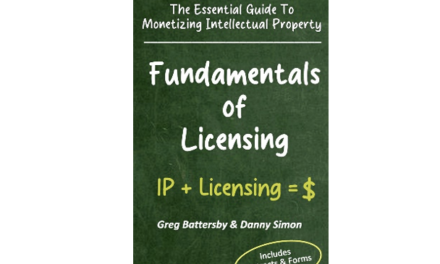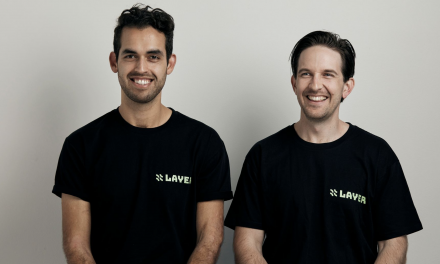
SILC Series: Ellen MacArthur Foundation – Transitioning to the Circular Economy

James George, Network Development Lead, Ellen MacArthur Foundation will present circular economic principles live at the SILC conference on Tuesday the 24th of November as well as join the live panel ‘how to make change happen’ on the 24th in the afternoon.
Helena Mansell-Stopher, Founder of Products of Change and SILC Conference Director, comments: “I am extremely proud that the SILC conference has been fortunate enough to have the Ellen MacArthur Foundation take part in driving our sustainable journey as an industry”.
James notes: “It has been great to work with Helena and the SILC team to bring circular economy to the heart of the Licensing industry thinking. As an industry worth somewhere in the region of $200Bil globally, that is a lot of value to unlock for the long term. Over the past 200-300 years (and a couple of industrial revolutions) we have got really good at making ‘stuff’. Products and materials in the world around us, which are manufactured from resource that we take out of the ground. This has worked exceptionally well for us, and generated trillions of dollars, but it’s based on normalising extractive and consumptive behaviours. A take – make – waste economy, a linear economy. These are products are under-utilised, and create huge economic and environmental inequality, and the entire system is based on resources, that are finite.
“So what if we could redesign our economies? Redesigning them so that they are regenerative and restorative. And so that they circulate products, materials and value forever. The circular economy is therefore an economic system, designed to work in the long term.
“It is based on the three principles:
1. Design out waste and pollution
2. Keep products in use
3. Regenerate natural systems
“The licensing industry has a huge opportunity to shape the discussion and influence the transition towards a circular economy. I am delighted to engage and talk to you all about what could be possible, if we took a systemic approach to solve some of the global challenges we face today.”
















